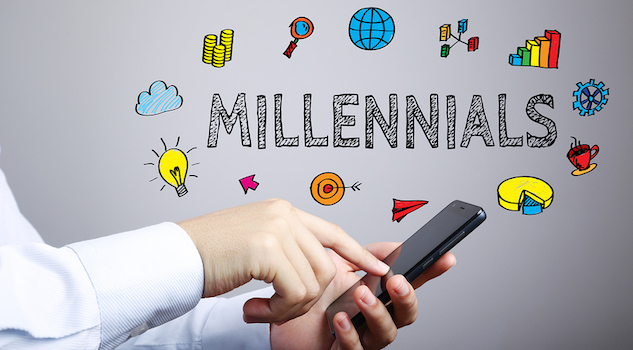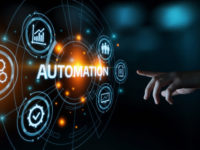COVID-19 has been a catalyst for workplace change during the past year. However, workplace change was already well in motion prior to 2020 driven by the largest emerging employee group, millennials.
Considering they have grown up in the digital age, and at a time when the pace of business is faster than ever, millennials tend to be more agile and adaptable than previous generations of workers. They also expect high levels of engagement, open communication, and support from digital tools and processes that will help them do their jobs more effectively.
There are three key requirements of the millennial workforce that are changing the way SMEs do business:
- More work-life balance
Compensation and benefits, as well as career growth, are still top of mind for millennials. However, work/life balance is equally important. This means working smarter, not harder. Millennials don’t want to be assessed based on their hours of work but rather on their outputs and contribution to the organisation. For most, getting time back for life pursuits is a desirable reward. SMEs can address this need using digital tools that significantly reduce manual administrative processes. This gives time back to millennial employees to focus on higher-value activities while also providing them with more opportunity to balance work and life needs. - Expectations for open communication
Millennials are much more open to communication and, in fact, expect it even more than previous generations. They are more likely to work with companies that reflect their own values and choose employers that demonstrate trust through transparency and accountability. Most organisations tend to lack transparency when it comes to financial processes, such as expense management. Considering the high availability of secure, cloud-based financial tools for businesses, millennials expect these to be applied across most workplaces and may question the use of manual expense processes. For example, being able to take a photo of a receipt for a company expense and see it immediately loaded into the company’s financial system is a basic expectation for millennials. - Empowered by technology
Millennials are highly adept at using technology and expect to have access to secure, cloud-based tools that empower them to do their jobs from any location. As highly innovative, entrepreneurial thinkers, they become frustrated by manual processes that limit their ability to create and add true value to an organisation. Millennials were pushing for technology-enabled remote work long before the pandemic made it a reality. Providing secure access to workplace systems remotely, such as invoicing, expenses and travel bookings can help SMEs attract and retain top talent.
Millennials are likely to continue the shift away from paper-based processes and demand more speed, efficiency and automation from digital processes. A recent SAP Concur-commissioned study found that 50 per cent of the best-in-class Australian companies were more likely to have mobile apps that let employees capture receipts and submit invoices.
These businesses were empowering their employees with apps that leveraged machine learning, e-receipts, and other technologies, letting them conduct administrative processes anytime and anywhere securely through their mobile device.
SMEs wanting to attract and retain talent over the next five to 10 years need to reconsider their business processes and systems so they can best meet the needs of the millennial workforce.
COVID-19 was purely a catalyst for change. However, the real challenge for SMEs is ensuring they can provide the workplace flexibility, autonomy and digital tools that help millennials bring their entrepreneurial capabilities to the fore to support business growth. Once SMEs achieve this, the opportunities for business development are limitless.















